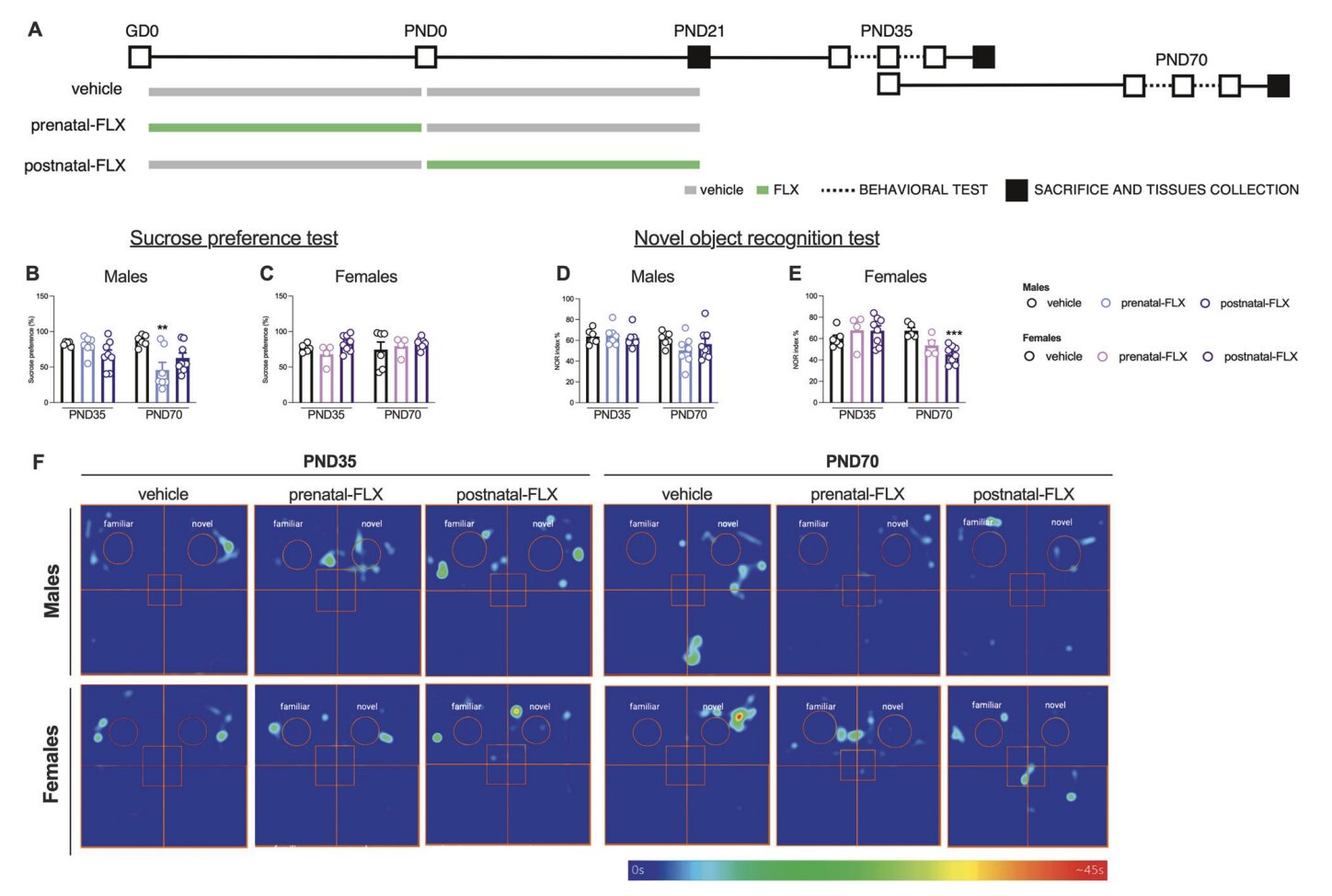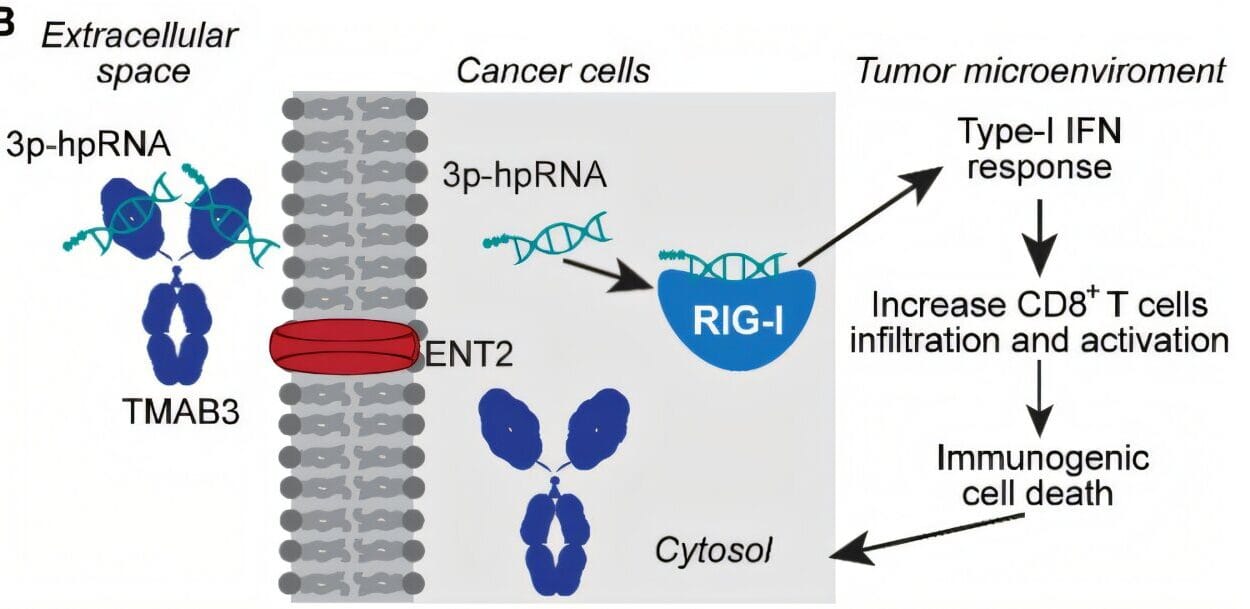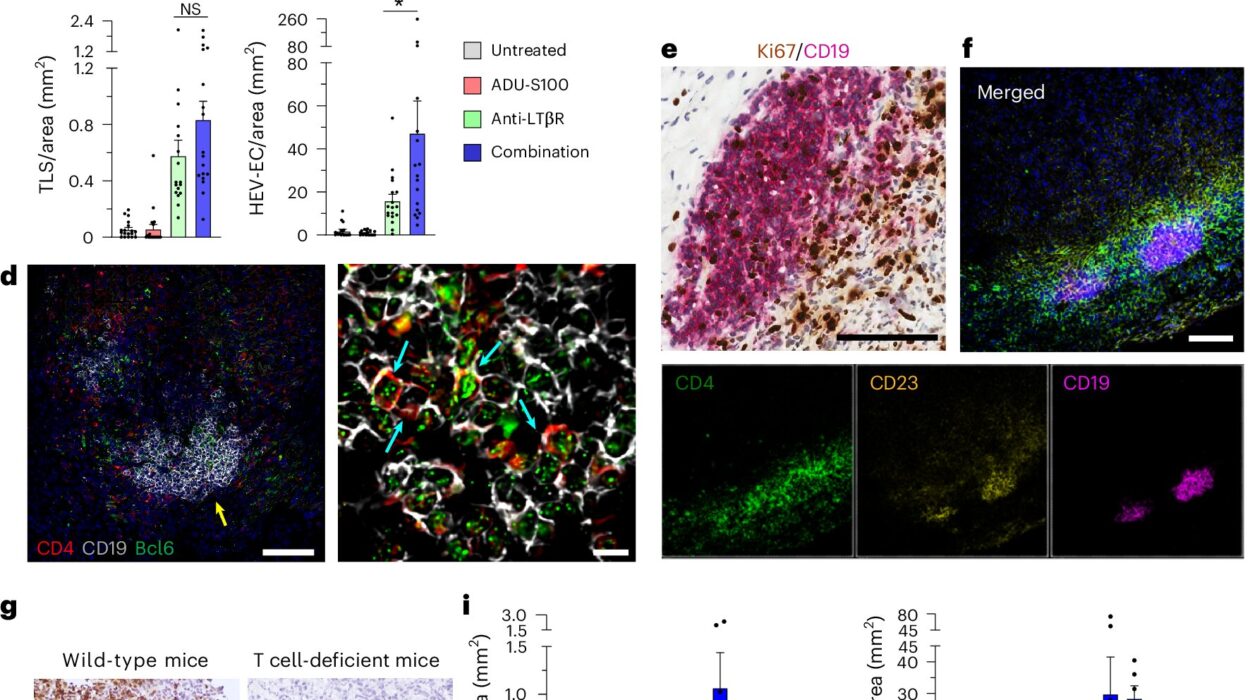The human brain is never more alive, more flexible, and more vulnerable than in its earliest stages of development. From the moment a child is conceived, billions of neurons begin to form and forge connections with one another, creating the intricate networks that will define thought, memory, emotion, and behavior for a lifetime. These early years are not just a prologue to the story of life—they are the foundation upon which the rest of the story unfolds.
Neuroscientists call these windows of heightened opportunity “sensitive periods.” During these moments, the brain’s ability to reshape itself—its plasticity—is at its peak. A child learning a language, recognizing faces, or responding to emotional cues does so with astonishing speed because the brain is wired to adapt. Yet, just as these sensitive periods open, they also close, leaving lasting imprints of what has—or has not—been experienced.
The Gatekeepers of Plasticity
For decades, researchers have been fascinated by what opens and closes these critical windows. It turns out that specialized neurons, called parvalbumin-positive interneurons (PV+), act as regulators of brain plasticity. These cells, which release the neurotransmitter GABA to dampen excessive activity in neural circuits, gradually become encased in protective structures called perineuronal nets. As these nets form, the once-fluid landscape of the brain begins to solidify, marking the end of a sensitive period.
The timing of this process is not random. It is orchestrated by intricate genetic mechanisms. Two groups of genes, sometimes referred to as “trigger” and “brake” genes, play opposing roles. Trigger genes open the window, inviting a flood of connections and rewiring, while brake genes close it, consolidating what has been learned. These finely tuned dynamics ensure that brain development progresses in a structured, adaptive manner.
A New Question: The Role of Antidepressants
But what happens when this delicate choreography is altered? What if external influences—such as medication taken during pregnancy—shift the timing of sensitive periods? This was the central question in a recent study by researchers at the University of Milan and the University of Helsinki, published in Molecular Psychiatry.
The team focused on fluoxetine, widely known by its trade name Prozac. Fluoxetine is a selective serotonin reuptake inhibitor (SSRI), one of the most commonly prescribed classes of antidepressants. It works by increasing serotonin levels in the brain, which can alleviate symptoms of depression and anxiety. Since SSRIs are often prescribed to pregnant or breastfeeding women, understanding their effects on early brain development has become a pressing concern.
Insights from Rats
To explore this issue, the researchers turned to an experimental model: rats. By exposing rat mothers to fluoxetine during pregnancy or breastfeeding, they were able to observe how the drug influenced the brain development of their offspring.
The results were striking. The timing of sensitive periods in the young rats shifted in a sex-dependent manner. Male pups exposed to fluoxetine in the womb experienced an earlier opening of sensitive periods, while female pups exposed through breastfeeding experienced a delay. These shifts were most pronounced in the dentate gyrus, a region of the hippocampus critical for learning and memory.
This was more than a subtle change in timing. It suggested that early exposure to antidepressants could alter the very architecture of brain development—by changing when the brain was most receptive to forming new connections.
The Genetic Signatures of Change
The researchers also examined the genetic underpinnings of these shifts. They found differences in the expression of both trigger and brake genes, the molecular switches that control the start and end of sensitive periods. In addition, the density and maturation of PV+ interneurons, as well as the formation of perineuronal nets, were altered. Together, these changes painted a picture of developmental trajectories that were fundamentally different from those in unexposed pups.
Most notably, the effects were not uniform. The sex differences suggest that male and female brains respond differently to early fluoxetine exposure, a finding that echoes broader research showing that neurodevelopmental disorders often manifest differently in boys and girls.
What This Means for Human Health
The implications of these findings extend beyond rats. If similar processes occur in humans, maternal use of fluoxetine during pregnancy or breastfeeding could shape the timing of brain plasticity in children. This, in turn, might influence vulnerability to neurodevelopmental or psychiatric disorders later in life. Conditions such as autism spectrum disorder, schizophrenia, or mood disorders have all been linked to disruptions in the mechanisms that govern brain plasticity.
However, caution is essential. Rats are valuable models, but they are not humans. The doses, developmental timelines, and environmental contexts differ. The researchers themselves emphasized that their results need to be validated in human populations before any clinical conclusions can be drawn.
The Emotional and Ethical Dimensions
The study raises profound questions, not only scientific but deeply human. For many women, antidepressants are not optional—they are lifesaving. Untreated depression during pregnancy can have serious consequences for both mother and child, including poor prenatal care, premature birth, and long-term emotional difficulties. The decision to use fluoxetine or other SSRIs during pregnancy is therefore a delicate balance of risks and benefits.
This research does not suggest that antidepressants should be avoided altogether. Instead, it underscores the importance of personalized medicine. If scientists can identify biomarkers—molecular signatures that predict which individuals might be more vulnerable—then treatment can be better tailored. Perhaps future strategies will involve adjusting doses, timing, or supplementing with other therapies to minimize risks while preserving the benefits of maternal mental health.
A Glimpse into the Future
What makes this study so compelling is its potential to illuminate the hidden processes of brain development. By linking antidepressant exposure to changes in sensitive periods, it opens new avenues for research. Could interventions be designed to re-balance sensitive period timing later in life? Could therapies, pharmacological or otherwise, restore plasticity when it closes too early or too late?
Already, scientists are exploring ways to reopen sensitive periods in adulthood, with the hope of treating conditions like amblyopia (lazy eye), post-traumatic stress disorder, or even age-related cognitive decline. Understanding how antidepressants affect these mechanisms may help guide these efforts, offering new hope for interventions that harness the brain’s plasticity across the lifespan.
The Larger Story
At its heart, this research reminds us of the delicate interplay between biology and experience. The brain is not a rigid machine programmed at birth—it is a living, breathing organ, sculpted by genes, environment, and even medications. Early life is a time of breathtaking vulnerability and possibility, when the brain’s doors are open to the world.
When those doors open too soon or too late, the effects can reverberate through life. But with knowledge comes the power to act. Studies like this do not provide final answers, but they guide us toward deeper understanding, better treatments, and more informed choices.
The story of fluoxetine and sensitive periods is still unfolding. It is a story about how science peers into the hidden corridors of the developing brain, uncovering mysteries that shape who we are. It is a reminder that even in the smallest of neural junctions, the entire arc of a life can be influenced.
Conclusion: The Promise of Understanding
The early years of brain development are a dance between plasticity and stability, between openness to change and the consolidation of identity. Sensitive periods are the choreography of this dance, directed by neurons, genes, and experience. The new research from Milan and Helsinki adds a powerful note to the music, showing that antidepressants may alter the timing of these steps in ways that echo into adulthood.
As science advances, we will better understand these effects—not to provoke fear, but to empower choice. For mothers, for children, for families, the ultimate goal is not simply knowledge but wisdom: to ensure that both mental health and brain development are nurtured with care.
In this quest, neuroscience continues to light the path, revealing the fragile yet resilient beauty of the brain in its earliest moments of life.
More information: Maria Teresa Gallo et al, From early-life fluoxetine exposure to lifelong, sex-specific behavioral changes: decoding the dynamics of sensitive periods, Molecular Psychiatry (2025). DOI: 10.1038/s41380-025-03223-6






